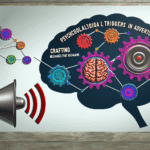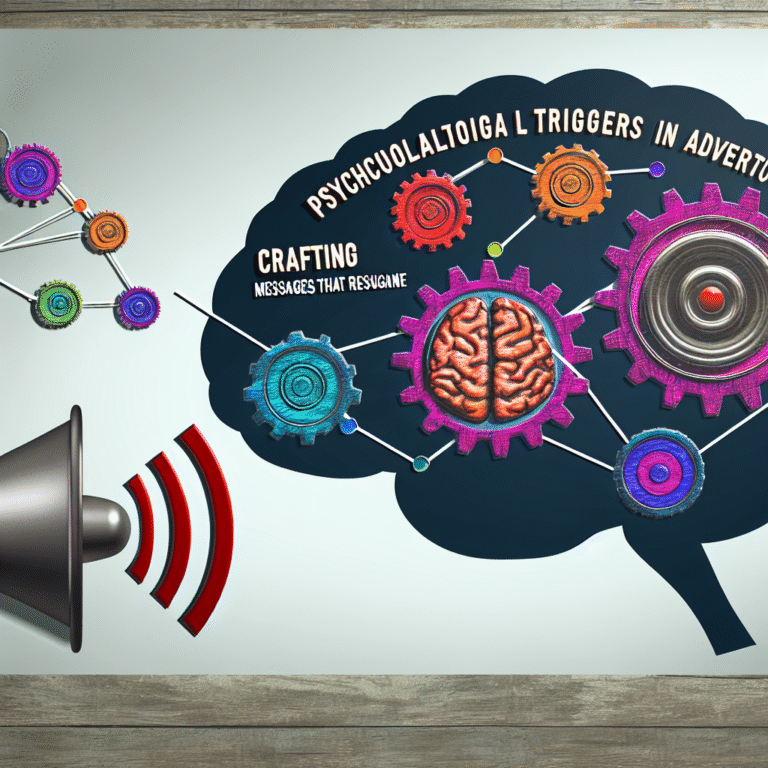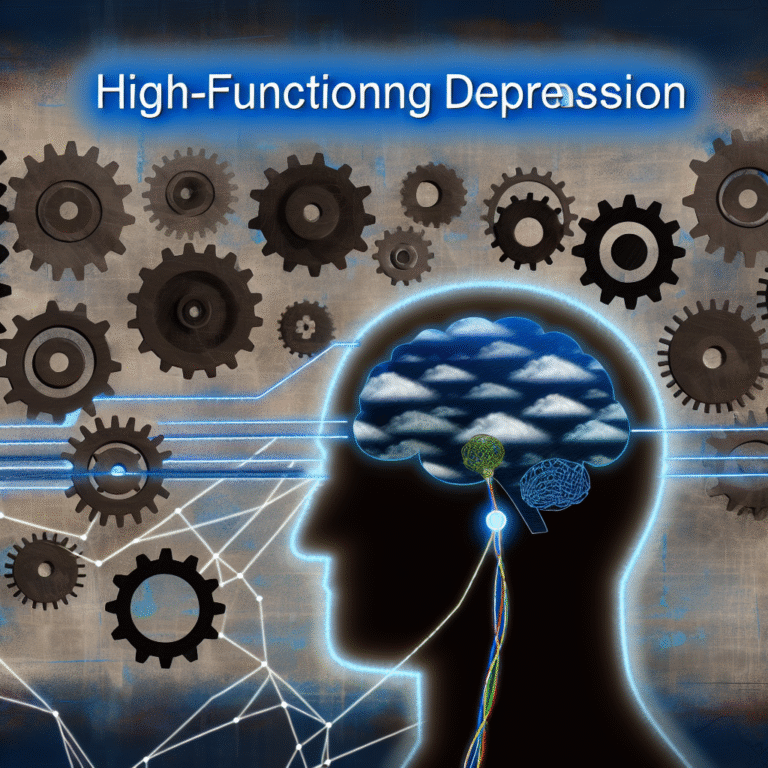Building Blocks of the Mind: How Children’s Cognitive Development Unfolds
Introduction
Imagine watching a young child navigate their world—the way they explore, ask questions, and interact with others. These moments are the essence of development, but the journey of cognitive growth is profound and layered. Understanding Building Blocks of the Mind: How Children’s Cognitive Development Unfolds is crucial for parents, educators, and anyone invested in nurturing the next generation.
Cognitive development encompasses not just learning—it involves the ability to think, understand, and apply knowledge. This article delves into the phases of cognitive growth in children, the significance of early experiences, and practical insights to foster optimal development.
The Foundation of Cognitive Development
What is Cognitive Development?
At its core, cognitive development refers to how we perceive and understand the world around us. It includes processes like thinking, learning, memory, and problem-solving. Experts like Jean Piaget and Lev Vygotsky have shaped our understanding through their theories, emphasizing that children are active participants in their own learning.
Case Study: Piaget’s Stages of Development
Jean Piaget proposed four stages of cognitive development:
- Sensorimotor Stage (0-2 years): Infants learn through sensory experiences and manipulation of objects.
- Preoperational Stage (2-7 years): Children begin to use language and engage in symbolic play but struggle with logic.
- Concrete Operational Stage (7-11 years): Logical thinking develops, but thinking is still grounded in concrete experiences.
- Formal Operational Stage (12+ years): Abstract thinking emerges, enabling more complex reasoning.
This framework helps educators and parents create age-appropriate learning environments.
| Stage | Age Range | Key Characteristics |
|---|---|---|
| Sensorimotor | 0-2 years | Learning through senses; developing object permanence. |
| Preoperational | 2-7 years | Language acquisition and symbolic play; egocentrism. |
| Concrete Operational | 7-11 years | Logical reasoning about concrete events; understanding conservation. |
| Formal Operational | 12+ years | Abstract reasoning; hypothetical thinking. |
The Environment’s Role in Development
The environment significantly shapes cognitive growth. Vygotsky’s sociocultural theory emphasizes that social interactions play a pivotal role in learning. Language, culture, and community all contribute to cognitive development.
Case Study: The Importance of Interaction
In a study conducted in preschools, children who engaged frequently in interactive storytelling with caregivers showed higher vocabulary scores and better comprehension skills. This indicates the vital role of dialogue and connection in cognitive development.
Milestones in Cognitive Development
1. Birth to 2 Years: Exploration and Trust
In this stage, children are developing their senses and motor skills. They explore their environment through touching, tasting, and looking.
Key Activities:
- Sensory Play: Engage infants with different textures like soft fabrics, sand, or water.
- Object Permanence: Play peek-a-boo to develop the understanding that objects continue to exist even when they cannot be seen.
2. 2 to 7 Years: Symbolism and Imagination
During these years, children begin using symbols and language more effectively. They start to engage in imaginative play, enhancing their ability to think creatively.
Key Activities:
- Art and Craft: Encourage creativity through drawing, painting, and crafting.
- Role-Playing: Use costumes that allow children to step into different roles, fostering empathy and perspective-taking.
3. 7 to 11 Years: Logical Reasoning
The cognitive map expands as children develop reasoning skills. They can think logically about concrete events but may still struggle with abstract ideas.
Key Activities:
- Games and Puzzles: Engage in activities that require strategic thinking and problem-solving.
- Science Projects: Conduct simple experiments to enhance inquiry and reasoning skills.
4. 12 Years and Up: Abstract Thinking
In adolescence, cognitive abilities develop further. This stage opens the door to complex thinking, ethics, and philosophical thought.
Key Activities:
- Debates and Discussions: Facilitate conversations on various topics to enhance critical thinking.
- Project-Based Learning: Allow teens to explore subjects more in-depth through hands-on projects.
The Role of Emotional Development
Emotional development is intricately tied to cognitive growth. Children who can identify and express their emotions are better equipped to handle challenges, thus enhancing their learning.
The Connection Between Emotions and Learning
Harvard’s Center on the Developing Child highlights that stress and trauma can slow cognitive development. A nurturing environment fosters resilience and positive emotional experiences.
Case Study: Mindfulness in Schools
A pilot program incorporating mindfulness training in schools showed that students who practiced mindfulness had lower anxiety levels and improved focus, leading to better academic performance. This illustrates the importance of emotional and cognitive interdependence.
Enhancing Cognitive Development at Home
Practical Strategies for Parents and Caregivers
To nurture the Building Blocks of the Mind: How Children’s Cognitive Development Unfolds, here are practical strategies:
Foster Curiosity: Encourage questioning. Instead of providing answers, ask children what they think and guide them to find solutions.
Create Rich Learning Environments: Surround children with diverse materials—books, puzzles, and art supplies—to stimulate exploration.
Limit Screen Time: Promote activities that require physical interaction and critical thinking instead of passive consumption.
- Incorporate Routine: Consistency helps children feel secure and enhances their ability to learn and explore.
Challenges in Cognitive Development
Common Challenges and Solutions
Not all children develop uniformly, and recognizing potential challenges is essential:
Learning Disabilities: Conditions like dyslexia or ADHD may hinder cognitive functioning.
- Solution: Early diagnosis and tailored educational strategies can empower children to excel.
Environmental Stressors: Rigorous home environments may impact cognitive abilities.
- Solution: Creating a stable, supportive home can mitigate these effects and foster cognitive growth.
Lack of Engagement: Children may struggle if they find learning materials uninspiring.
- Solution: Incorporating games and hands-on activities can spark interest and engagement.
Future Implications of Cognitive Development
Understanding Building Blocks of the Mind: How Children’s Cognitive Development Unfolds has real-world implications. A solid foundation affects not only academic success but also future relationships, career choices, and overall quality of life.
The Long-Term Benefits of Early Cognitive Development
Studies indicate that children who receive a robust cognitive foundation are more likely to succeed in school and build strong social networks. Investing time and resources in early development yields significant returns for society.
| Benefit | Long-Term Implication |
|---|---|
| Enhanced Learning Skills | Higher academic performance and lifelong learning. |
| Better Emotional Intelligences | Stronger interpersonal relationships and teamwork. |
| Problem-Solving Abilities | Increased adaptability in fast-changing environments. |
Conclusion
Building blocks of the mind are essential to shaping how children navigate their world. We cannot underestimate the importance of fostering cognitive development during these crucial years. By providing rich, responsive environments, we lay the groundwork for lifelong learning and emotional resiliency.
As we reflect on the significance of nurturing cognitive growth, let us remember that every question asked, every challenge faced, and every interaction engaged in becomes a building block for future potential.
FAQs
What are the signs of cognitive delays in children?
- Delays may include difficulties with problem-solving, limited verbal skills, or trouble following simple instructions. It’s advisable to consult a pediatrician.
How can parents support cognitive development at home?
- Engaging in conversations, reading together, and providing stimulating toys can significantly enhance cognitive growth.
Is screen time harmful to cognitive development?
- Excessive screen time can pose risks; however, educational and interactive content used in moderation can be beneficial.
What role does play have in cognitive development?
- Play is critical; it allows children to explore concepts in safety, promoting creativity and problem-solving.
- How can educators adapt lessons for different cognitive abilities?
- Differentiating instruction through varied teaching methods, like visual aids and hands-on learning, can meet diverse learning needs.
By understanding how children’s cognitive development unfolds, we equip ourselves with the knowledge and tools necessary to support their growth. In nurturing a generation of curious, resilient learners, we invest in a brighter future for everyone.













